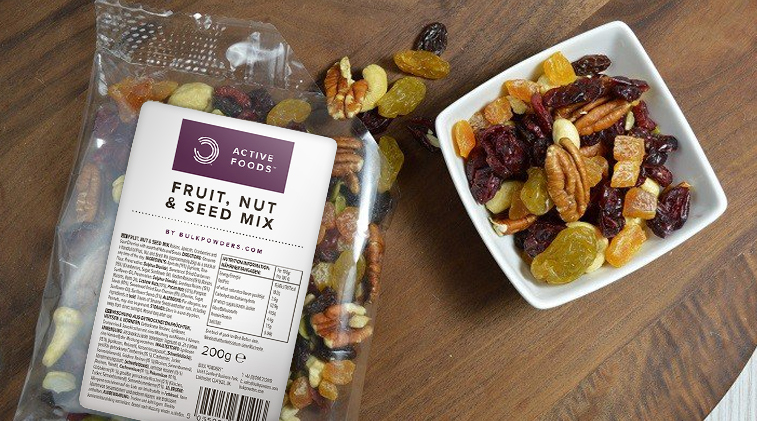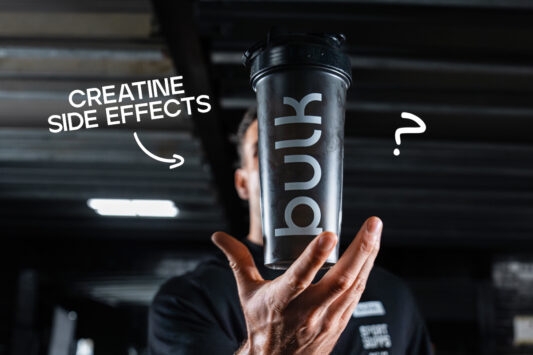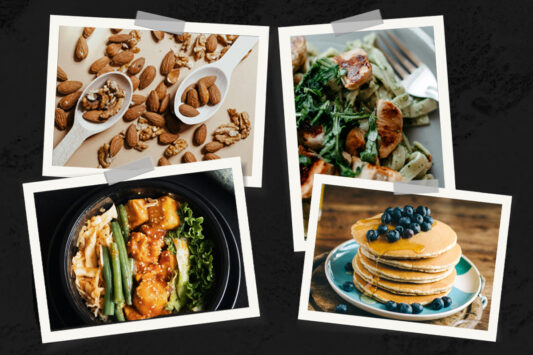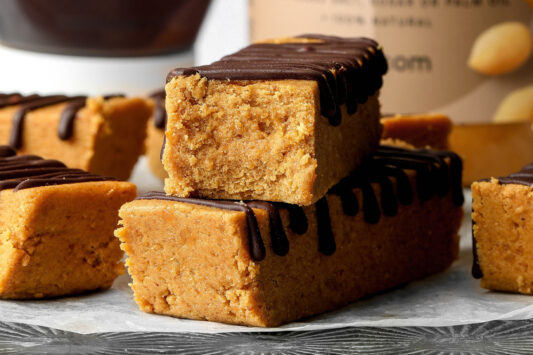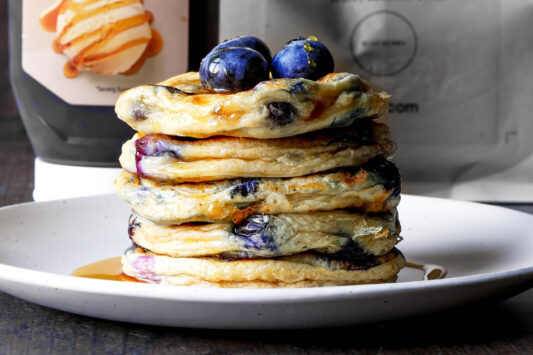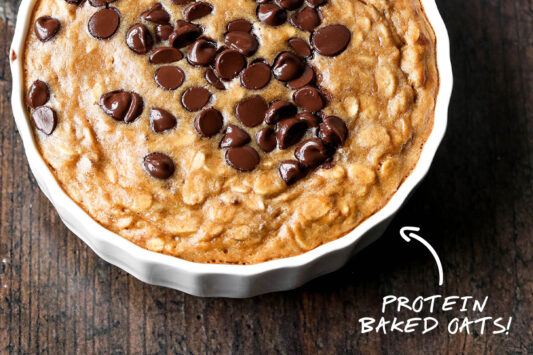Does meal timing matter? Let’s look at when we eat, and why it’s important for fat loss, performance, and recovery.
The foundation of any nutrition plan is what to eat, how much of it to eat… and when to eat it. Does meal timing really matter?
Body recomposition should be pretty simple. Energy balance – calories in vs calories out – dictates whether you put on weight, lose weight, or maintain. But once you’ve got your calorie needs nailed down, you need to look at how often you eat.
If you’re reading this, you probably train. And we can make a guess that you want to see improvements (get bigger or leaner), feel better (improve performance, strength or power), and recover faster.
That’s when food timing starts to matter.
Let’s say you need to eat 2,000 calories a day to maintain your weight. Sure, you could eat one huge meal of 2,000 calories a day, or snack erratically all day long. You’d still hit your calorie goals. But would either approach be optimal for your training and recovery? It’s pretty obvious that the answer is no!
A hard-working body has specific needs. And food is key. We need carbohydrates to fuel training, and protein to help with recovery, building lean tissue, and repairing damage. But carbs are also important after training, to replenish energy and ensure proper recovery when training regularly.
So what’s the best meal frequency? Like most nutrition questions, the answer is “it depends”. Your routine, your specific goals, your daily energy expenditure and your personal preference will have a lot to do with it. But most people would do best with a meal frequency ranging from 3-5 meals a day. Any less than that, and you won’t give your body frequent protein feedings and risk running low on energy. Any more than 5 meals a day could mean your meals end up being pretty small and unsatisfying (not to mention inconvenient).
Focus on breakfast, lunch, pre workout, post workout, and an evening meal.
Breakfast kickstarts your day, breaks your overnight fast, and gives you energy to tackle morning training, the commute to work, or whatever your morning has in store. Our Complete Protein Porridge™ makes life really easy, and our Chia Seed Granola is a healthier take on breakfast which will provide you with extra protein and fibre.
Lunch usually comes around 3 hours later and will keep your energy levels optimal throughout the middle of the day. Our Active Meals™ are a great choice if you don’t have time to prep your lunch meal. An ideal ratio of carbs, protein and healthy fats, they will keep you feeling energised with great ingredients.
The evening meal is a good chance to have a balanced, home cooked meal and will replenish the energy you used during the afternoon. If you fancy a bedtime snack, our Complete Protein Dessert™ is a delicious way to get more protein in and enjoy a sweet treat (plus it mixes up into a thick mousse in minutes).
A pre workout meal should consist of carbs and protein to give you enough energy to hit training hard. Adding in a pre-workout drink like ELEVATE™ can help you train with intensity.
The post workout meal will depend on your goals, and the macronutrient balance of your daily diet, but should contain mostly protein, with some carbohydrate. Pure Whey Protein™ is a popular choice here – easy to carry with you, quick to consume, and perfectly designed to boost recovery.
There’s no one-size-fits-all approach to meal timing and frequency. Some people will use a fasting period (Intermittent Fasting or IF), some will prefer to do fasted cardio in the morning before breakfast, and others might choose to use a carb backloading protocol with a large percentage of daily carbs in the evening. Avoid a food timing plan which leaves you feeling tired, low in energy, or unable to train with intensity. Focus on fuelling the most active parts of your day (training, an active job, walking to or from work, chasing around after your kids), and eating to recover from training.
About the Author
Nicola Joyce has been writing for (and about) sport, fitness, nutrition and healthy living since 2004. She’s also a keen sportswoman: her background is in endurance sport but she now competes as a natural bodybuilder, most recently winning a world title with the INBF. When she’s not writing content, she can be found blogging. Follow her here www.nicolajoyce.co.uk and on Facebook & Twitter (@thefitwriter) too.
